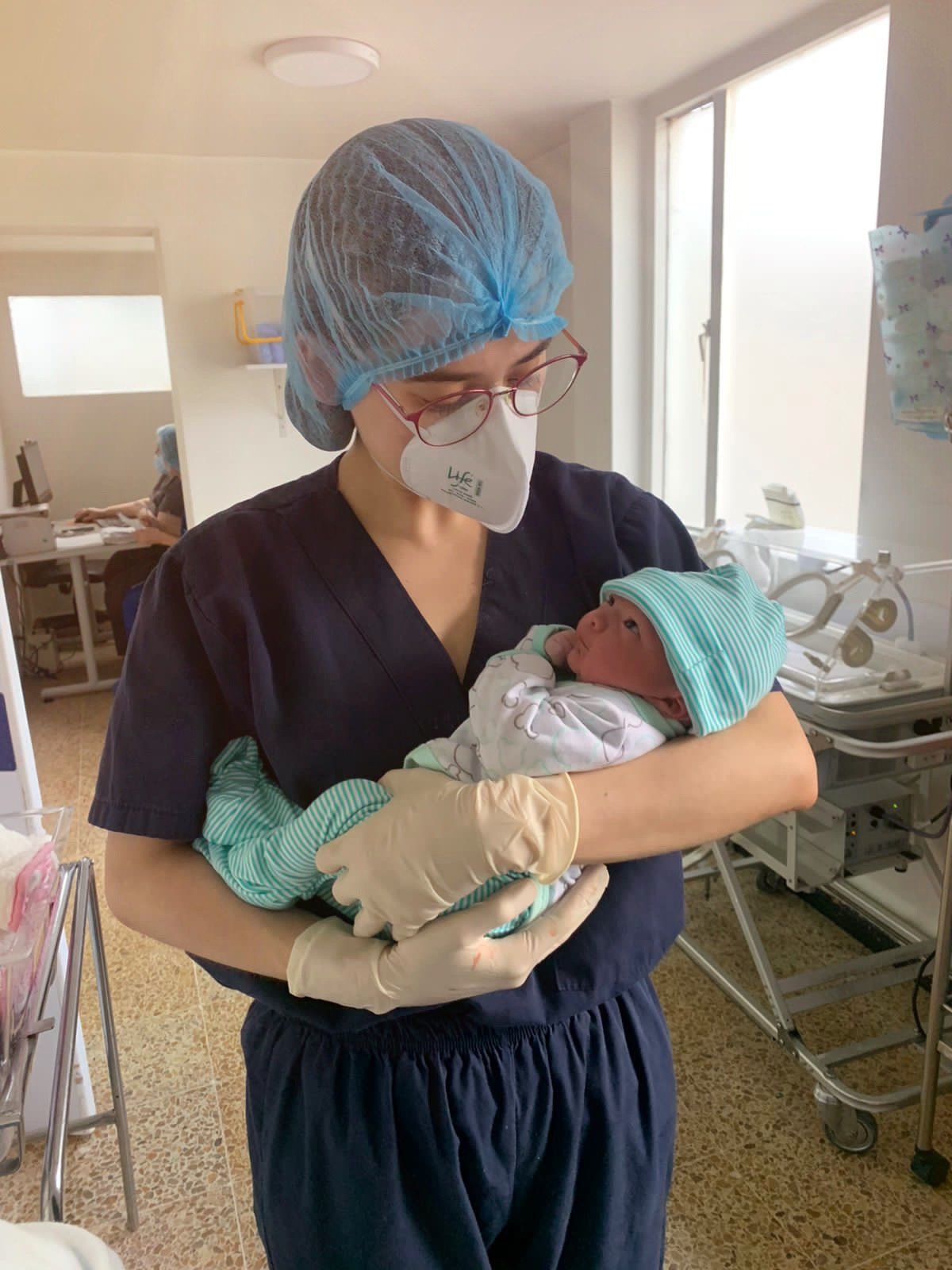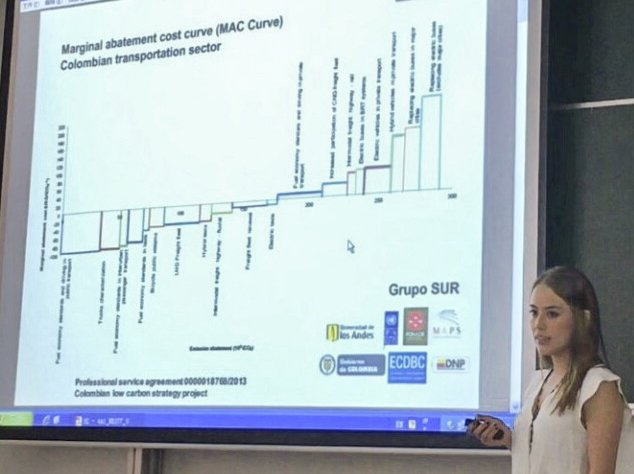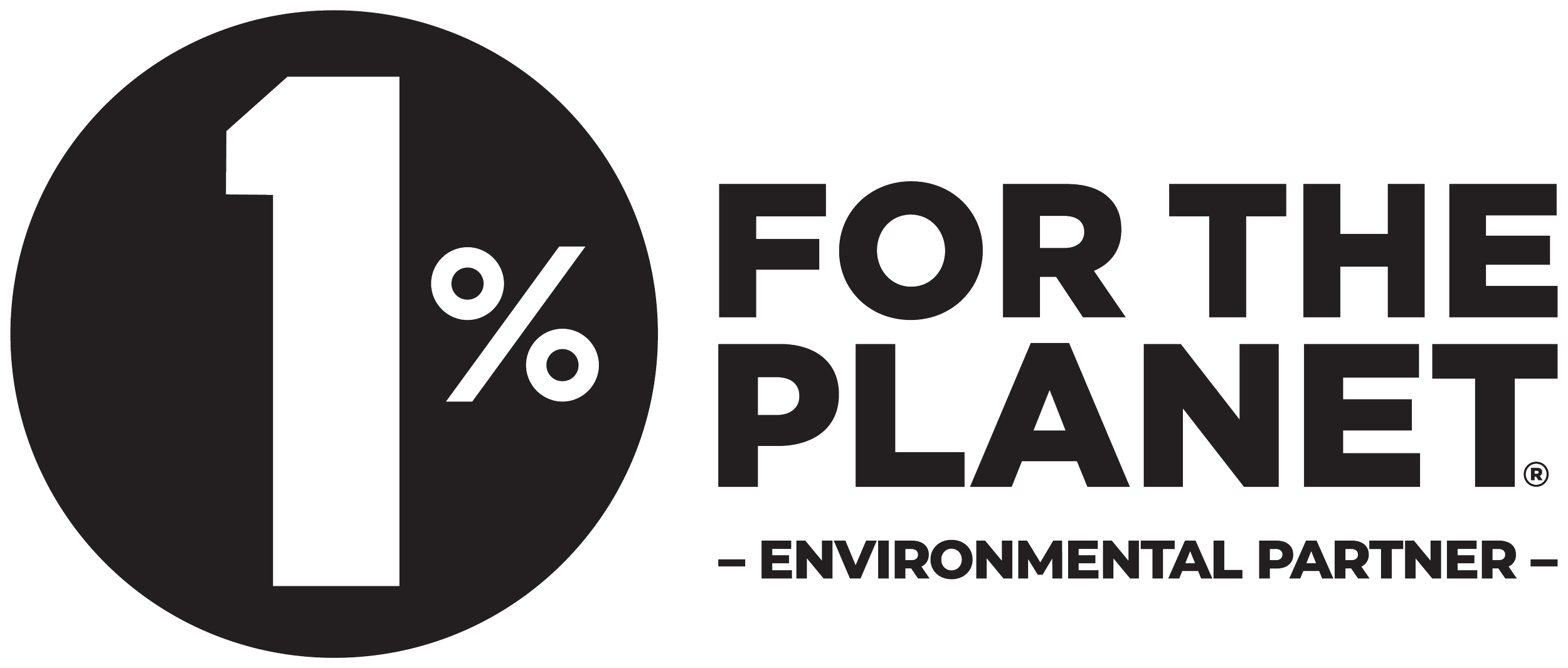Audio transcript at the bottom of the page
Audio transcript at the bottom of the page
Manuela Valenzuela (32), from Colombia, has a master’s degree in environmental engineering. She is completing medical school at Universidad de Los Andes. She is committed to helping disadvantaged children improve their quality of life. Her research projects involving pediatric populations are diverse: she has studied the relationship between air pollution and respiratory illness, asbestos exposure, traffic-related injuries prevention, and the possible connection between heat exposure and mortality.
One of Manuela’s projects investigates the effects of Bogota’s cable car transportation system “TransMiCable” on pediatric respiratory systems. The project is supported by the EPIANDES research team and the SALURBAL project. She was able to demonstrate that the TransMiCable has helped to reduce respiratory ailments in those children living in the most vulnerable communities of Bogota.
Manuela's current studies involve trying to mitigate one of the main causes of pediatric mortality in Colombia: road accidents. She hopes to collect practical and concrete data that can help the Colombian government improve vehicle and traffic safety standards. Additionally, she plans to become a pediatric trauma orthopedic surgeon and collaborate with non-profit organizations such as the Colombian Civil Air Patrol, which provides medical, humanitarian, and emergency care to vulnerable populations.
She aims to apply her expertise in engineering, medicine, epidemiology, public health, and transportation to give back to the disadvantaged in Colombia.
Manuela Valenzuela, ingeniera ambiental y magíster colombiana de 32 años, actualmente finalizando medicina en la Universidad de Los Andes. Está comprometida con la mejora de la calidad de vida de los niños que viven en condiciones vulnerables. Su investigación sobre la población pediátrica incluye el estudio de la relación entre contaminación del aire y enfermedades respiratorias, la problemática del uso del asbesto, los siniestros viales y la relación calor-mortalidad.
Uno de los proyectos de Manuela estudia el impacto del novedoso sistema de transporte teleférico “TransMiCable” en los síntomas respiratorios de los niños. Este proyecto cuenta con el respaldo del grupo de investigación EPIANDES y del proyecto SALURBAL. Ha demostrado que “TransMiCable” redujo los síntomas respiratorios de los niños que viven en las comunidades más vulnerables de Bogotá.
Los planes futuros de Manuela incluyen estudiar una de las principales causas de mortalidad infantil/juvenil en Colombia: los siniestros viales. Espera contribuir a su reducción a través de investigaciones que otorguen información sólida al gobierno su país. Adicionalmente, planea convertirse en cirujana ortopédica de trauma y colaborar con organizaciones sin ánimo de lucro como la Patrulla Aérea Civil Colombiana que brinda atención médico-quirúrgica, humanitaria y de emergencia a poblaciones extremadamente vulnerables.
Tiene como objetivo aplicar su experiencia en ingeniería, medicina, epidemiología, salud pública y transporte, y retribuir a la sociedad a través de su trabajo.
I hope, after becoming an orthopedist, to carry out four roles. Well, it's one role accompanied by three others. The main one is to be a children's orthopedist here in Colombia and the other three accompanying roles are, being a doctor in a university hospital, I hope to be a teacher for many adolescents and accompany them on their way to become doctors and, at those university hospitals, I hope to be able to develop a research path where students get involved and we can continue contributing to the studies and addressing children’s problems here in Colombia. The fourth aspect is, as part of the Colombian air patrol, who are orthopedists and general surgeons who travel to the most remote places in the country and donate their work tending to people who do not have access to health care.







